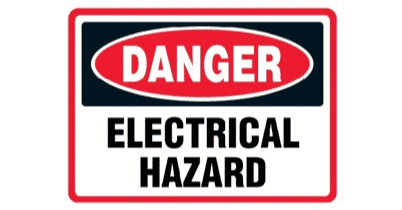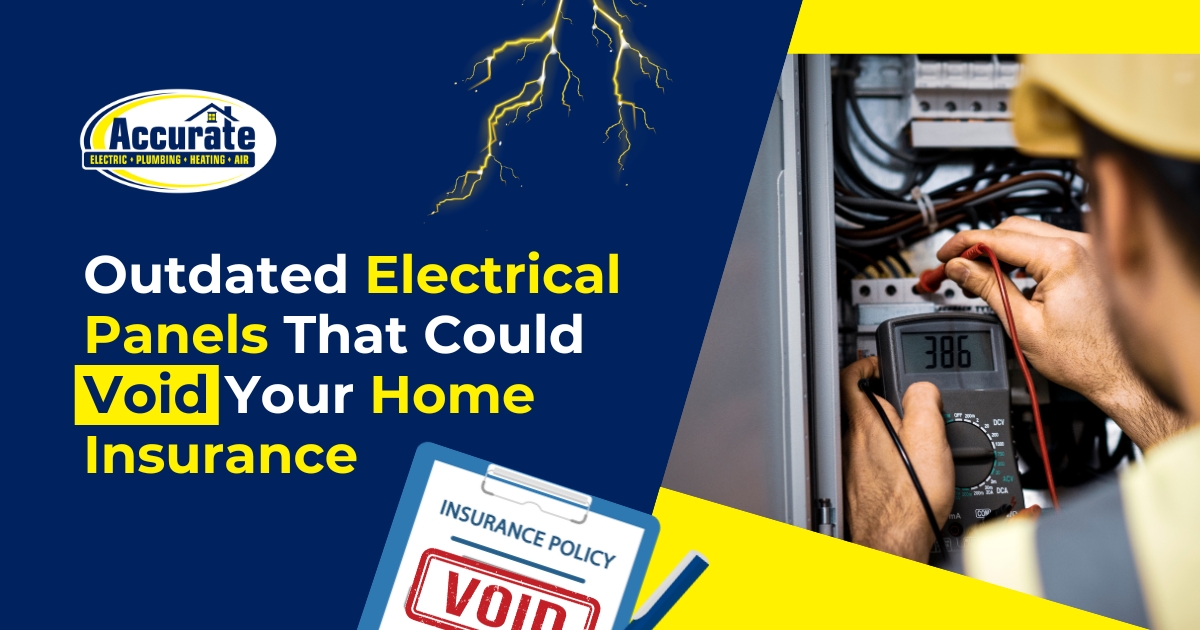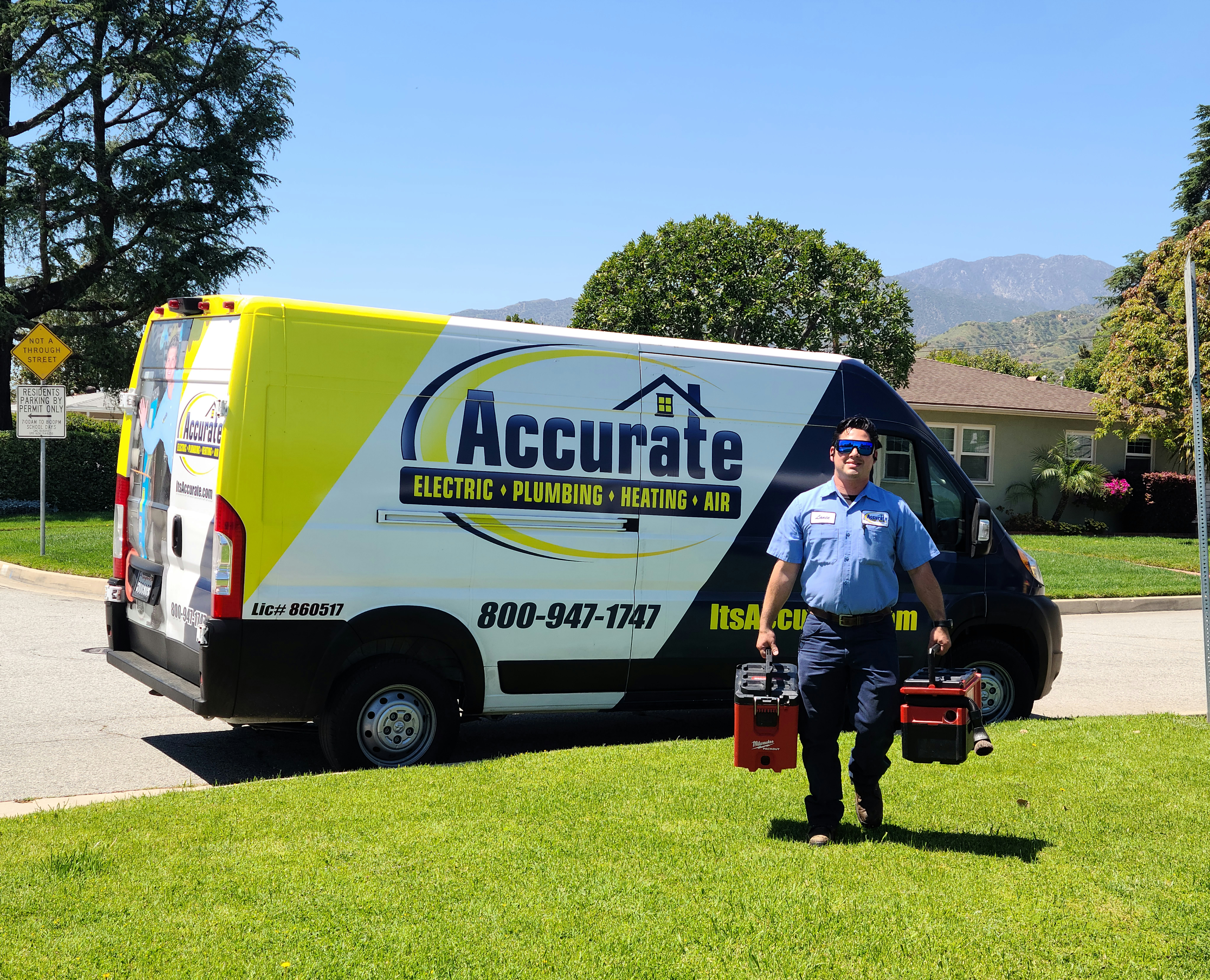Electrical safety is something to be aware of year-round. Often potential problems are not obvious. Here are 5 tips to help ensure your family and home are safe (from an electric point of view).
- Install Ground Fault Circuit Interrupter outlets (GFCIs) – When an outlet is located in high risk areas for shock like outside, kitchen counter tops, and in bathrooms, GFCI outlets are required by code. This code exists to keep homeowners safe. If there is an issue, the GFCI outlets disconnect power right away to avoid a possibly lethal shock.
- Replace older wiring – Faulty wiring is the leading cause of residential fires, according to a 2009 study by the National Fire Prevention Association. And the older your house is, the greater the chances that the wiring might be outdated or unsafe.
- Have Aluminum Wiring inspected – Aluminum wiring connections can loosen up over time which can cause overheating and possibly fires at receptacles when appliances are plugged in to them. An inspection can determine whether it’s safe to leave the wiring in place or if additional work is needed.
- Avoid overloading an outlet – Sixty amps used to be the standard for household power. Today, houses often need 200 amps to run all their electronics. Not having enough power isn’t just inconvenient; it can actually damage sensitive electronics. Adding outlets can help balance the flow of energy.
- Call a Licensed Electrician if you notice any of the following – Experiencing any of these signs could signal a bigger problem with your electrical system. Breakers that trip or fuses that blow repeatedly, flickering or dimming lights, a persistent burning smell, or warm, discolored, or sparking outlets are all warning signs. Call an electrician to ensure these are not signs of something more dangerous.
If you have any concerns about your home, please call 800-947-1747 to speak to one of our Customer Service Representatives.





